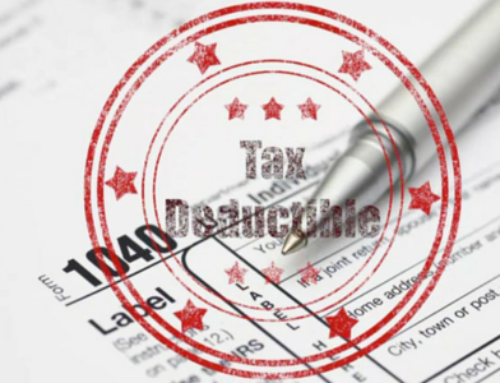Whether you are an individual preparing your tax returns and managing your own investments or a small business owner trying to build your brand, having a professional accountant in your corner can be helpful in multiple ways. First, a good accountant can ultimately help you save money and build wealth. Secondly, with an accountant’s expertise, you can be sure to avoid costly mistakes on your taxes and avoid fees, penalties and interest. In short, a good accountant will be worth every penny. But, how do you find an accountant you can trust and who will suit your unique needs? Here are a few tips to help you find the right accountant for you.
Ask for Referrals and Recommendations
Check with friends, family, and business associates (and even competitors) to see who they recommend. A good referral from a trusted source is worth more than 20 google searches. If you are interested in a particular accountant, ask them for referrals from clients in circumstances similar to yours.
Look for Relevant Expertise
An accountant who specializes in money management and tax preparation for high-level executives may not be the best one to advise you on paying quarterly income taxes for your small consulting firm, and vice versa. Also, some accountants may be more well-versed in tax preparation, while others are better at wealth management. Determine what type of help you need and try to find someone who is an expert in your area. They will be most familiar with the ins and outs of your unique financial concerns.
Be Prepared with Questions
You are hiring an accountant to do a job for you, so you should interview them just like you would interview a prospective employee. Make sure they are the right fit for your needs. Here’s a brief list of questions to get you started:
- How are fees calculated? Is there an hourly fee? Or a set rate?
- For taxes – are they willing to provide advice on your tax burden or simply prepare and submit your return?
- If it is a large firm – with whom will you be interacting?
- Who are their other clients?
- Are they tech savvy? Are they prepared to accept and file documents electronically?
- What kind of credentials do they have? Don’t assume that because they have the title of “accountant” that they are professionally certified and qualified. Take a minute and make sure.





